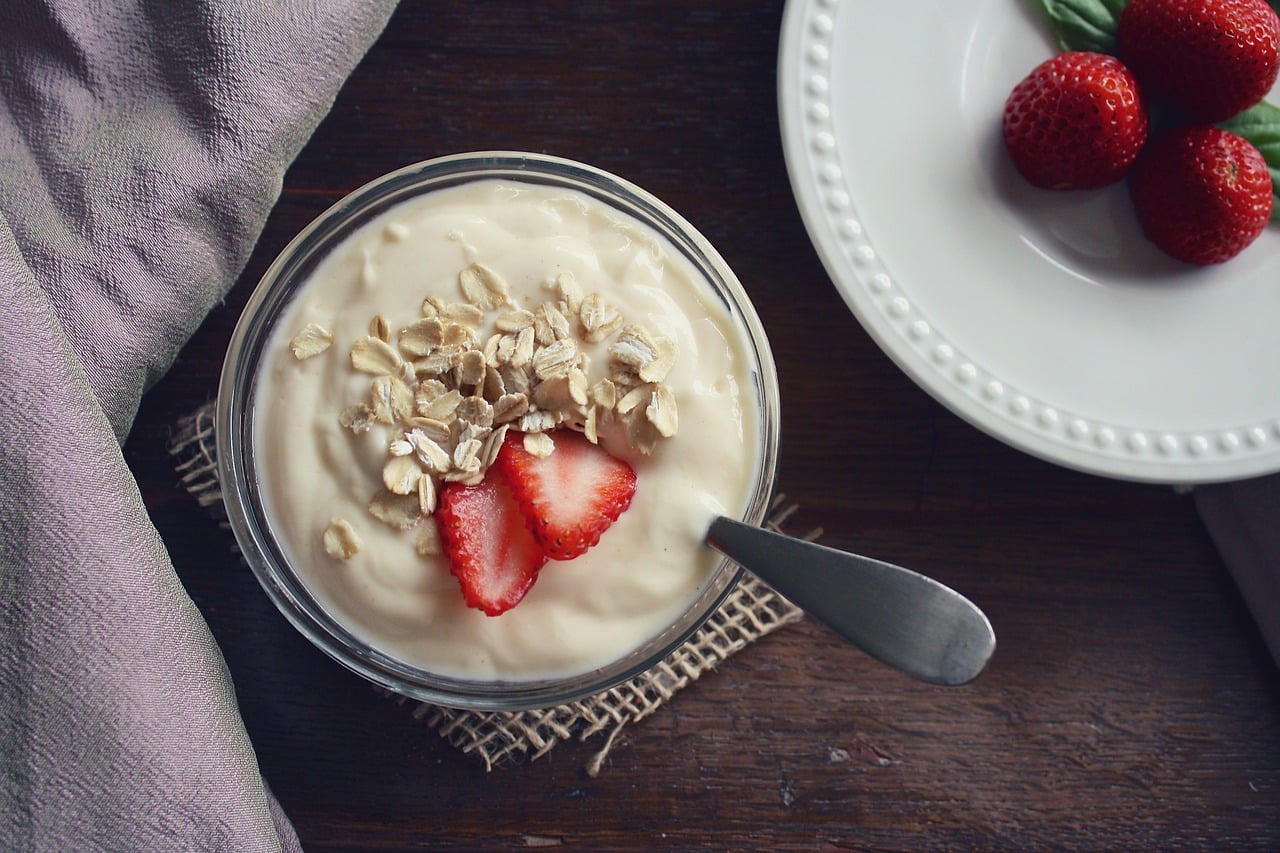
Most parents do want their children to have improved performance in their studies. If this is the case for you, have you taken a closer look at their diet? Some “brain foods” can help boost the growth of a child’s brain — in addition, they will improve memory, brain function, and concentration as well.
As a matter of fact, the brain is one rather hungry organ — it is also the first organ in the body to take in nutrients from foods we eat. So how can you ensure that you give your child’s brain the best nutrition? Note that when you feed the body junk food, then it is certain that the brain will suffer.
So, what can you do for kids to ensure their brains get the most nutrients? Since growing bodies require many kinds of nutrients — however, these seven super-foods will assist kids to learn the most at school. While children are mostly moving from class work to physical activity to home and then back again. So are their brains growing and changing just as rapidly.
What does this mean then?
The foods that children eat are very important. Since these years are crucial for brain development, it means that the foods they eat will affect their level of focus and the cognitive skills.
So which foods help children stay sharp and impact their brains development? Below is a look at 7 brains foods that will affect a child’s brain until later in the future.
Greek Yogurt
While fat is crucial to brain’s health, full-fat Greek yogurt (has more protein than other yogurts) will help maintain brain cells in the best form for receiving and sending information.
Since Greek yogurt has been strained more compared to regular yogurt. It means that it’s whey (a protein which causes dairy allergies to some) and the lactose content is much lower in the Greek Yogurt. Also, this yogurt contains double the protein of what regular yogurt has. Thus it has half the sugar and doubles the protein content.
How to Serve: Have fun mix-ins such as cereals, and blueberries for nutrients known as polyphenols. Also, dark chocolate chips contain this nutrient too. This nutrient is thought to maintain the mind sharp as it increases blood flow to your child’s brain. Try adding in bananas, blueberries, pear puree or apple; also you could add veggies!

Eggs
The nutrients and protein in eggs help children concentrate. Eggs are known as great sources of protein — however, egg yolks are packed with choline, that helps in memory development. Have your child carry to school a grab-and-go egg burrito for breakfast. Try making Egg McMuffin for your child just place a fried egg on toasted English muffin, then top with one low-fat cheese slice.
How to Serve: Fold some scrambled eggs into whole-grain tortillas as a late-afternoon snack or a filling breakfast. Is this good for your growing child? This protein-carb combo will have children feeling full until their next meal and it has no energy crash induced by sugars. Also, try feeding your child some deviled eggs or egg salad sandwiches.
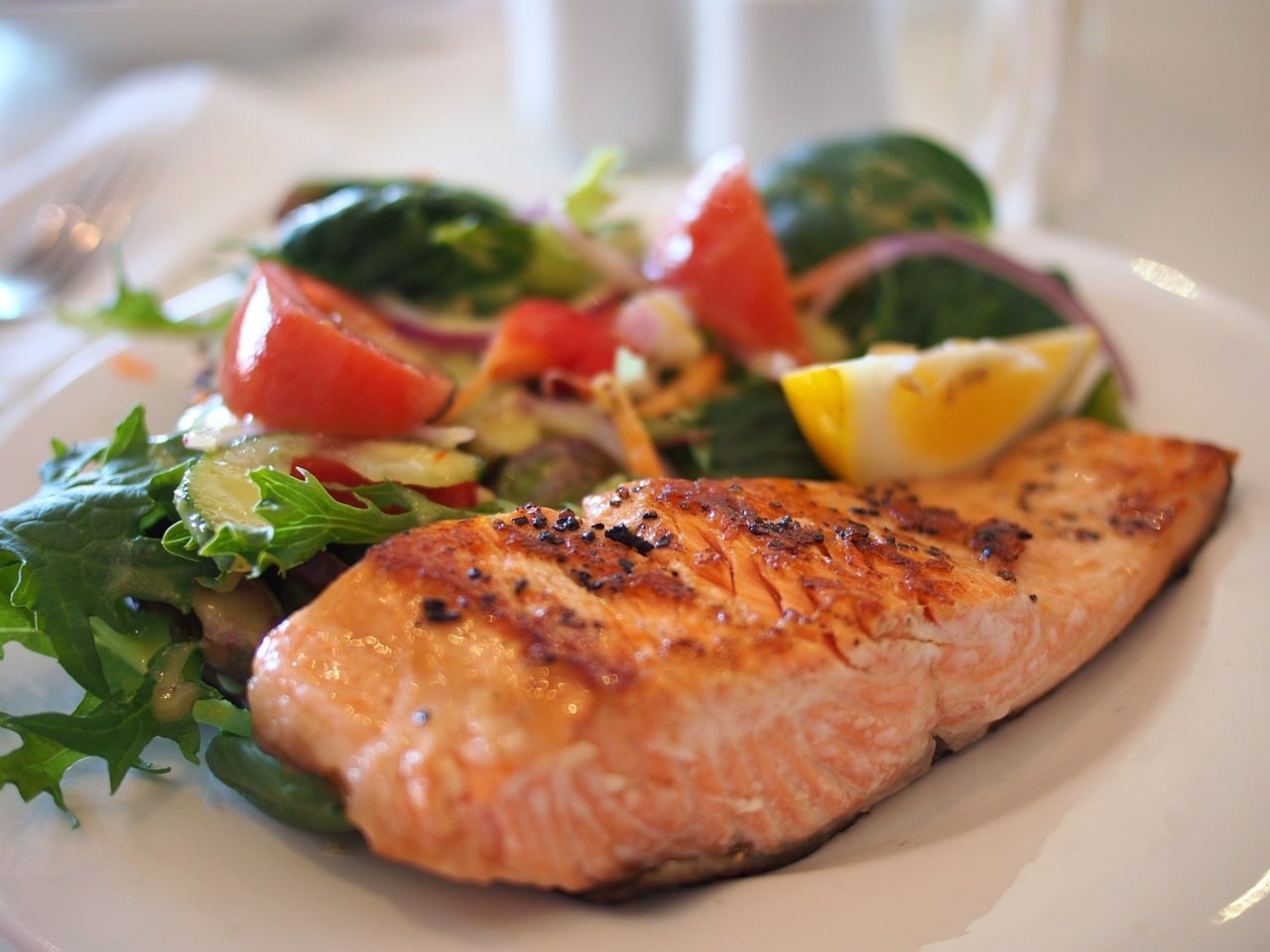
Salmon
This is an excellent source of EPA, DHA in Omega-3 fatty acids — both nutrients are necessary for brain function and growth. Recent research shows that those who consume more omega 3 fatty acids have sharper minds. Also, they do better in mental skills tests. Though tuna is a good source of omega-3, it is not as rich as salmon.
How can you serve salmon? Opt for salmon salad sandwiches instead of tuna ones — mix canned salmon with non-fat yogurt or reduced-fat mayo, chopped celery, raisins, and carrots. You can serve this on whole-grain bread which is a brain food as well.
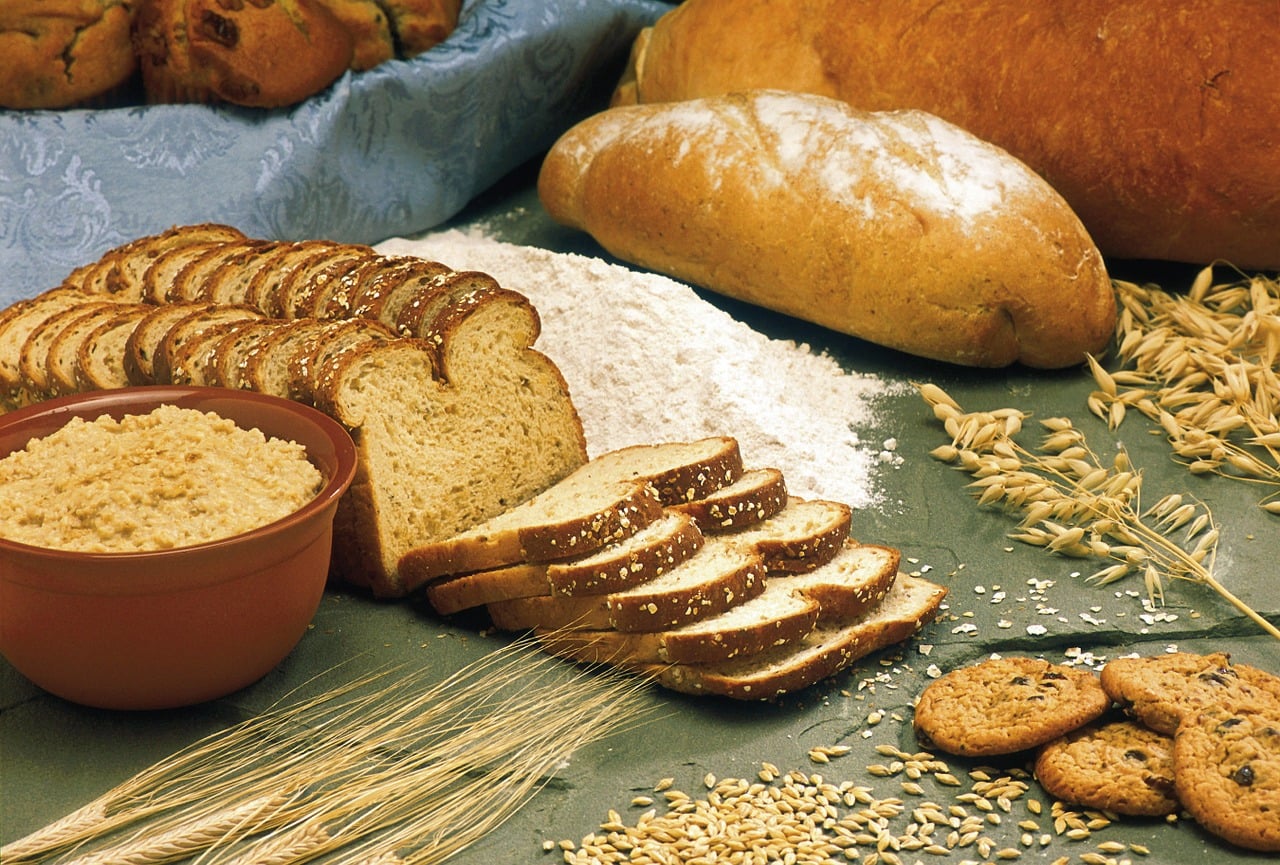
Whole Grain
Since the brain requires constant glucose supply whole grains give this in spades. This fiber helps in regulating glucose release in the body. Why have whole grains in your child’s diet? Whole grains contain B-vitamins that keep the nervous system healthy. Why should you eat more whole grains? Nowadays, it is easy to get more whole-grain cereals (ensure whole grain is listed first).
How can you include whole grains in diets? Consider other ways to serve it like having whole wheat couscous with cranberries for dinner or a fun snack of low-fat popcorn. You can try switching to using whole-grain chips and tortillas for wraps, quesadillas, and snacks. Whole grain bread is necessary when making sandwiches.
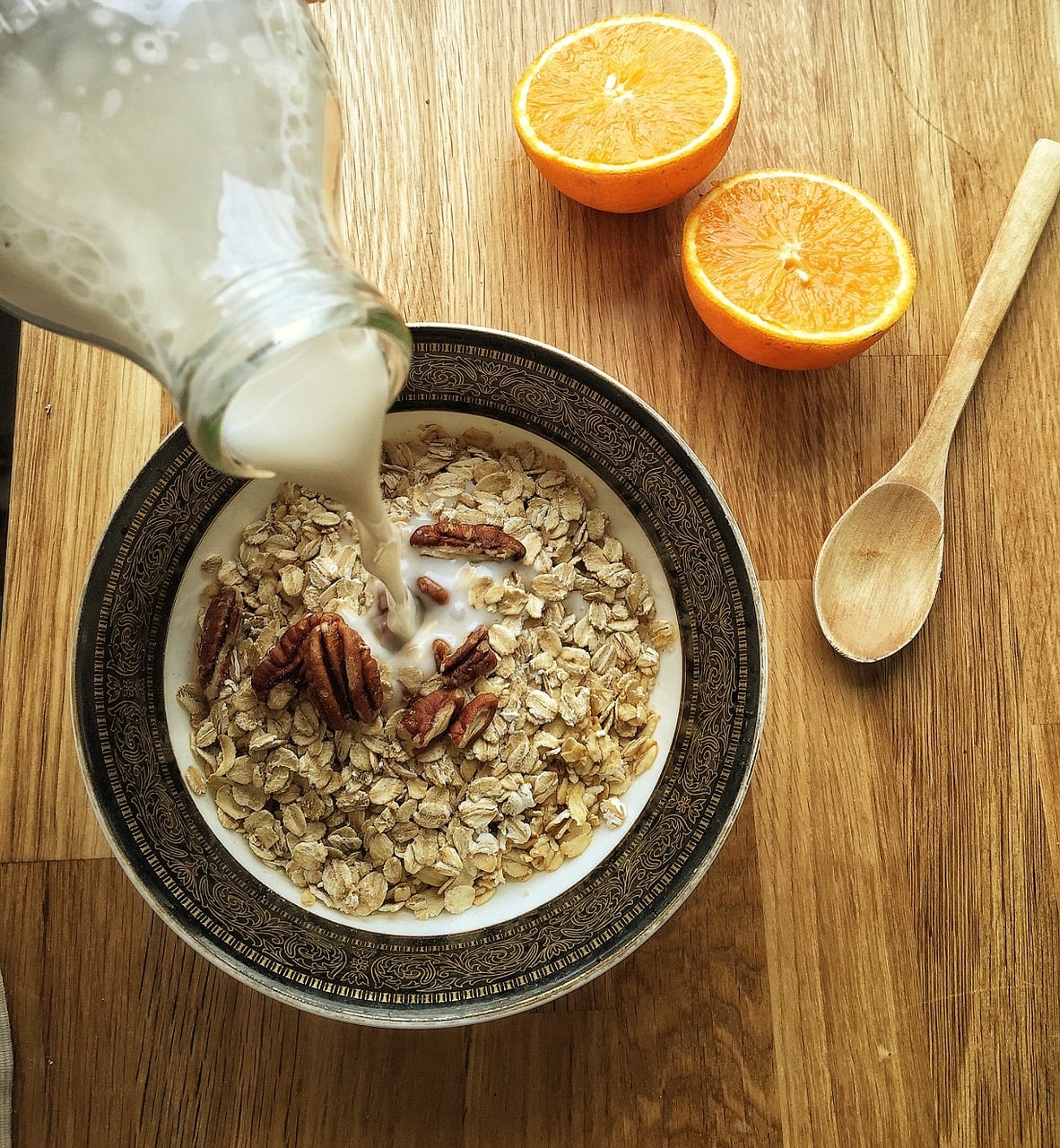
Oats
Oats are among the most common hot cereals for youngsters and it’s a very nutritious brain food. Oats offer excellent fuel or energy for the brain and kids need this at the start of the day. Full of fiber, oats maintains a kid’s brain well fed all morning while at school. Why feed your child oats? They are good sources of zinc, potassium, vitamin E, and B-vitamins which help the body and brain function at maximum capacity.
Eat more oats: Try topping hot oatmeal with either cinnamon and applesauce, soy milk and dried fruit, a dash of honey and sliced almonds, fresh bananas and a sprinkle of nutmeg and skim milk. A simple snack that kids can make: ½ cup honey, a cup of peanut butter, a cup of dry oats, ½ cup of milk powder. Mix all these ingredients with your hands — add a 1 tablespoon between two pear or apple slices for a different and fun sandwich!
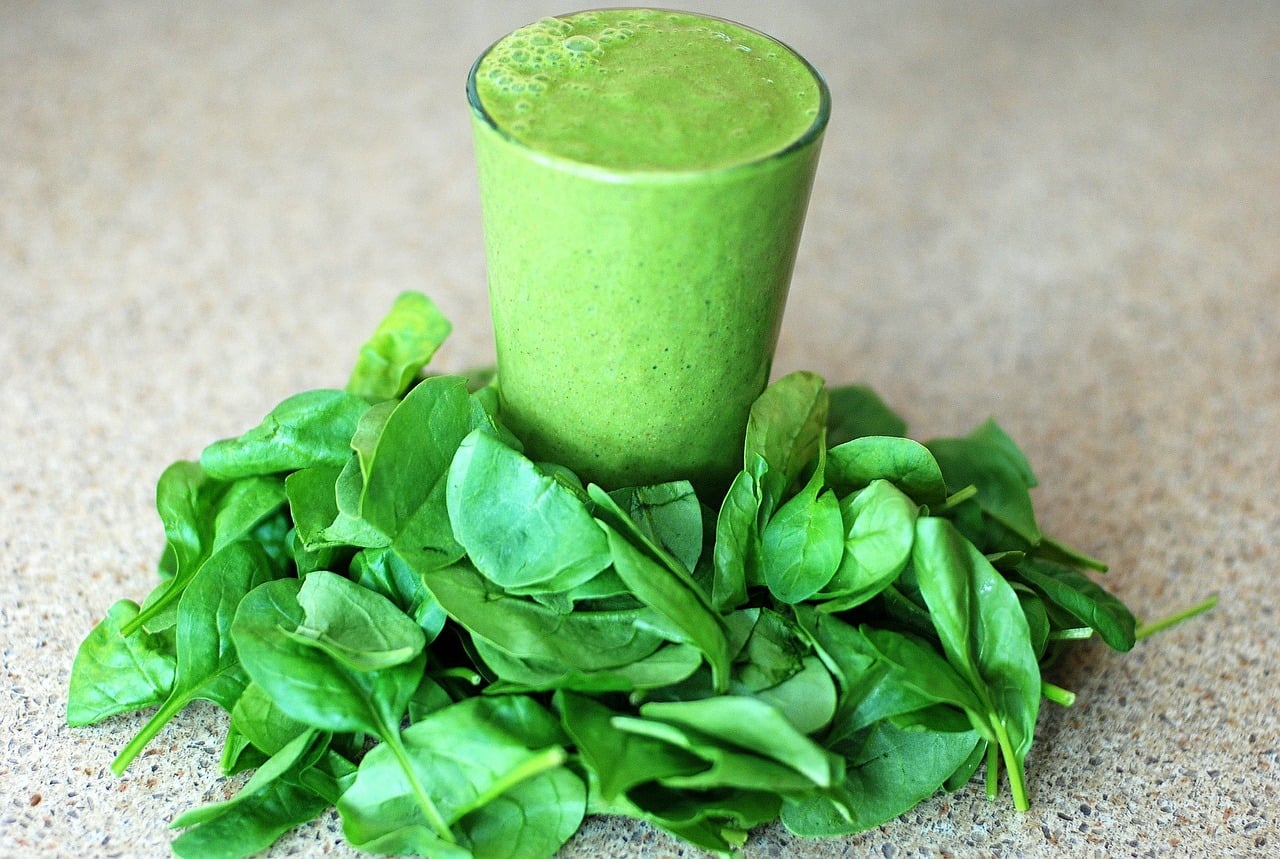
Darker Vegetables
Filled with vitamins and folate, kale and spinach are connected to reducing the possibility of experiencing dementia during old age. as a super-food, kale is full of antioxidants and other nutrients that help the growth of new brain cells. Why do kids need darker veggies? The deep colored vegetables provide the body with antioxidants which keep brain cells healthy and strong.
How can you serve it? For those kids, who have a hard time eating greens, try whipping kale or spinach into smoothies rather than serve a salad. You can also include spinach to lasagna or omelets. Since children love spinach salads that have a lot of fun stuff in them — such as sliced almonds, strawberries, and mandarin oranges. Another trick would be to sneak in all kinds of chopped vegetables into soups, spaghetti sauce, and stews.
Speaking of Greens Superfood, there are many superfood brands which are clinically proven to tackle chronic fatigue and make a difference in your health. Research has shown that 9 in 10 adults don’t consume enough vegetables in their daily diet, so Green Superfoods can really help improve your health as it’s a fantastic way to get essential minerals, vitamins, oxidants and other helpful nutrients that you are not getting in your diet.
Greens are even widely considered to be more beneficial than multivitamins as they have more nutrients! Here’s a very helpful list of top 10 recommended Greens Superfood to include in your daily diet.
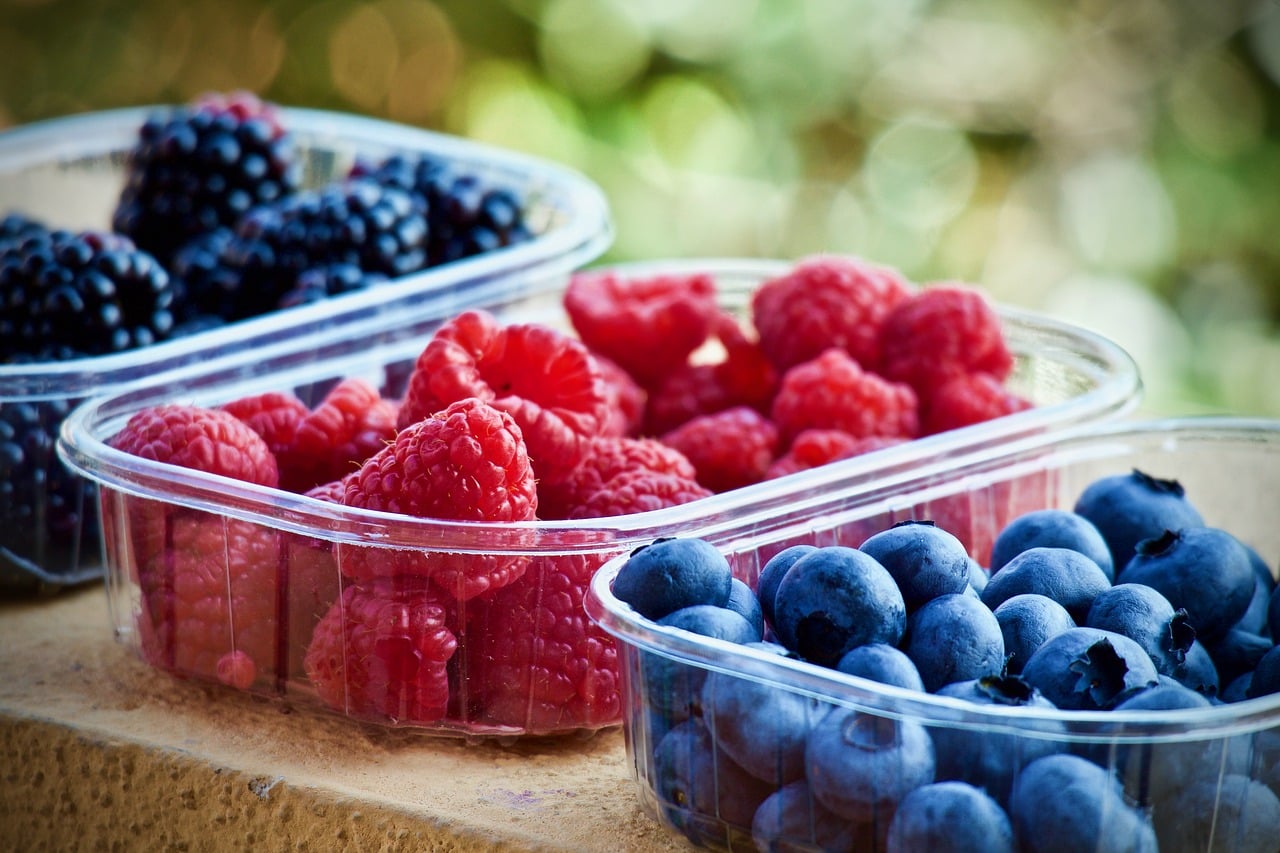
Berries
This will include cherries, blackberries, strawberries, and blueberries. Generally, when the color is more intense, it then means the nutrition in those berries is increased.
How can berries benefit your child? Berries have rather high levels of antioxidants, particularly vitamin C, that can help in preventing cancer. Studies show increased memory when blueberries and strawberries extracts are consumed. However, it is recommended that your child eats the real thing for them to get a more nutritious package. In addition, seeds from berries are good sources of omega-3 fats.
How should you offer kids more berries? Adding berries to veggies will give them a flavor boost — such as broccoli with sliced sweet cherries or green beans with strawberries. Add berries into green salads. Put chopped berries in a salsa jar for a fun flavor surprise. Berries can also be added to yogurt, cold or hot cereal, or even dips.
Conclusion
To help your child achieve good grades in exams such as N-levels to help improve their future prospects, why not start by paying closer attention to their diet. When you offer your child brain foods, the growth of their brain will get a boost from these foods.
In addition, brain foods will help improve their memory, brain function, and concentration which is important in their studies and prepare for their exams. Hence, a well-balanced diet is as important as exams revisions and should never be neglected by parents.
For more articles on how to handle major exams preparations, here are some of the articles:
7 Signs Your Child Might Be Too Stressed – And How to Deal with It
How to Create a Well-Balanced Life for Your Kid in Singapore
